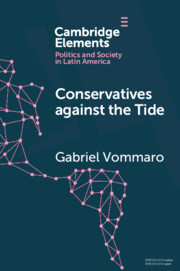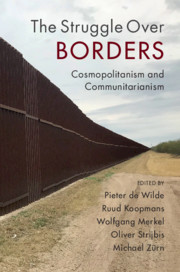U.S. government leaders have long considered Latin America their proverbial backyard and have recurrently intervened in the region. In earlier periods of U.S. imperialism, U.S. government leaders justified such intervention with reference to allegedly scientific racial hierarchies, which placed White, Anglo-Saxon Protestants (WASPs) at the top of this artificial hierarchy. In more recent episodes of U.S. imperialism leading into the twenty-first century, however, U.S. leaders have publicly used the language of democracy and human rights to justify intervention. In the instance of contemporary Venezuela, while U.S leaders indeed use the language of human rights and democracy, they also draw on racist tropes of Latin Americans to justify their intervention. Through interviews with U.S. foreign policymakers and analysis of U.S. government documents, I find that U.S. leaders depict former Venezuelan President Hugo Chávez as an irrational, uncivilized, and beastly leader, who manipulates ideas of racial inequality to maintain power. In addition, U.S. leaders understand him as manipulating an uncritical mass of Venezuelans who cannot think for themselves. U.S. leaders believe it thus their duty to intervene in order to promote democracy and show Venezuelans their true political-economic interests. I connect these dynamics with a history of U.S. intervention into the region and a history of racist and imperial thinking that continues to shape the logic of U.S. foreign policymaking into the present.



